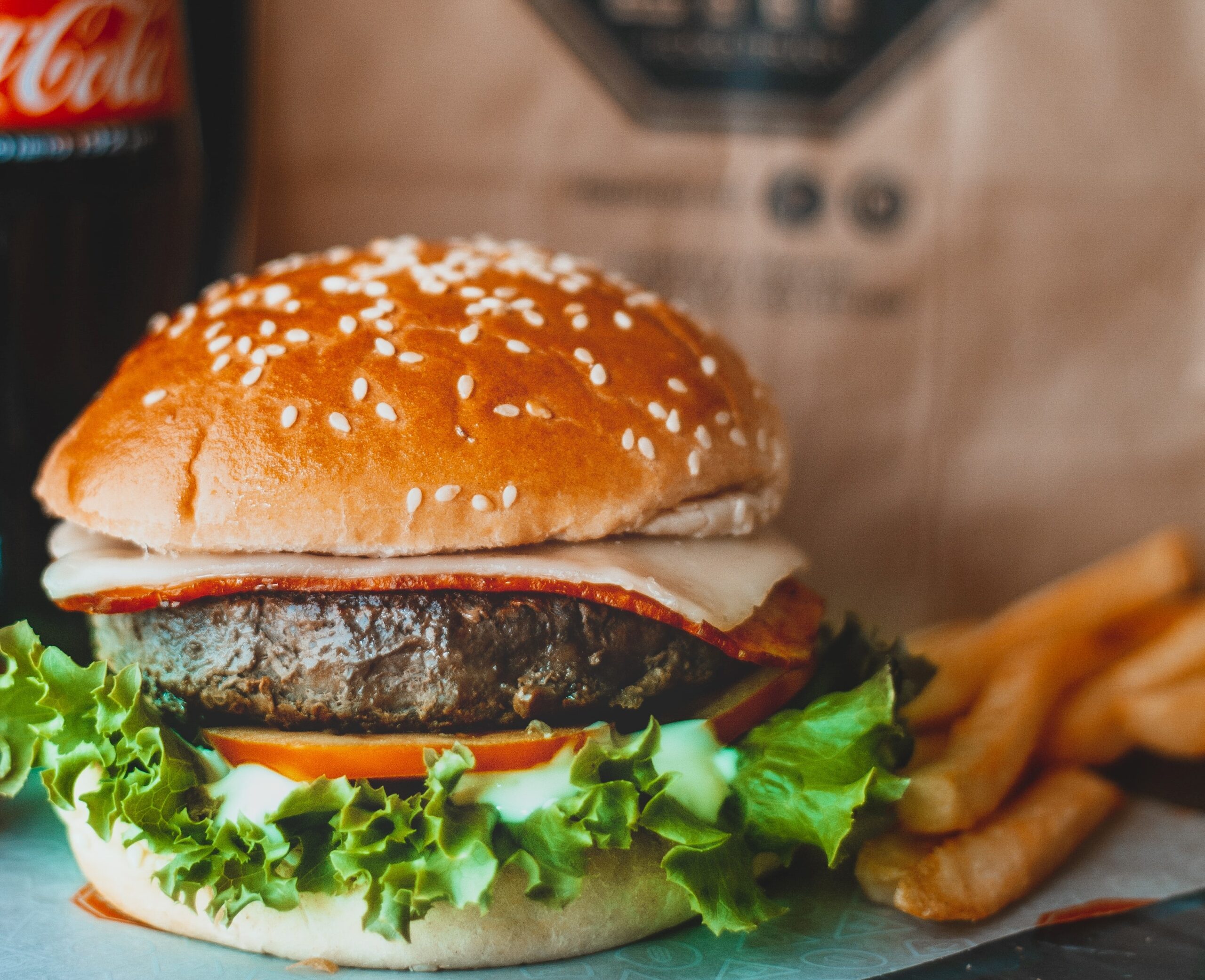Do you ever crave certain tastes such as sweet or salty? Can you regonize the difference between food cravings and genuine hunger?
Hunger
Hunger is a normal sensation that makes you want to eat. Your body tells your brain that your stomach is empty. This makes your stomach growl and gives you hunger pangs. Hunger can make some people feel lightheaded or grouchy – everyone is different.
Hunger is partly controlled by a part of your brain called the hypothalamus, your blood sugar (glucose) level, how empty your stomach and intestines are, and certain hormone levels in your body.
The hypothalamus is a region housed in the deep centre of our brain cavity that regulates sleep cycles, body temperature, pituitary gland activity, and other autonomic nervous system functions.
Craving
Craving is a powerful desire for something.
Hunger and cravings are two different sensations, often confused.
The body regulates the former, while the mind wields greater power over the latter.
Hunger serves a more utilitarian purpose, signaling our brains that it’s time to eat. To cross that distance between the stomach and brain, the vagus nerve is the communication highway that runs between your head and the abdomen.
The vagus nerve carries an extensive range of signals from digestive system and organs to the brain and vice versa. It runs all the way from the brainstem to part of the colon.
Our stomach hunger cycle, begins with a hormone called ghrelin. When our bodies have burned up the food in our stomachs and our blood sugar and insulin levels begin to drop, ghrelin communicates with the hypothalamus in the brain. Once it receives the message, delivered by ghrelin, that we need to eat something to keep our bodies running, the hypothalamus triggers the release of neuropeptide Y, which stimulates our appetite.
Appetite
Appetite is a desire for food, usually after seeing, smelling, or thinking about food. Even after you feel full, your appetite can make you keep eating. It can also stop you from eating even though you are hungry. This might happen when you are sick or feeling stressed.
When we recognize that our body wants food and we start to refill it, another process happens to counter that hunger feeling in order to keep us from gorging ourselves.
Fullness
Fullness is a feeling of being satisfied. Your stomach tells your brain that it is full. Normally, this feeling causes you to stop eating and not think about food again for several hours. Fullness is partly controlled by the hypothalamus, your blood sugar, and having food in your stomach and intestines.
First, the fat tissues expel the hormone leptin. This chemical tells our brains that our bodies are satisfied and we can stop eating. It does so by turning down the production of neuropeptide Y and cranking up levels of proopiomelanocortin, an appetite suppressant, in our bloodstream
The hypothalamus also monitors our insulin and blood sugar levels to ensure that we’ve eaten enough to bring those levels back up. Since this process doesn’t happen instantaneously, we oftem continue to eat and feel uncomfortably stuffed afterwards.
Which is why slow and mindful eating is important.
Feeding Emotions
Now that we know how our body responds to the absence of food, what happens when mind takes over matter? If ghrelin isn’t telling me that I want a deluxe cheeseburger what is?
Things get a little more complicated when food desires move from the stomach to the brain.
Far more elaborate and complicated, mind hunger isn’t entirely necessary for survival. In fact, scientists have largely debunked the theory that food cravings are our bodies’ ways of nagging us that we need a specific type of nutrient.
There goes my savoury chip theory!
So why do people generally crave items high in fat and calories? The answer lies in the brain. Fatty, sugary foods release chemicals called opioids into our bloodstream,
Opioids bind to receptors in our brains and give us feelings of pleasure and even mild euphoria. In this way, our bodies, at least momentarily, give us a thank you for ingesting that box of chocolates or bag of chips.
Dopamine is a feel-good hormone also produced during sex, compulsive gambling and drug activity. The hippocampus, located in the temporal lobe, filters sensory data and puts it in short-term or long-term memory. It lights up when we think about our favourite foods. Insula and caudate, also area’s of the brain, light up as well, they interpret your physical state, and control the release of dopamine.
This type of dopamine stimulation and chemical reward that we obtain from fulfilling food cravings has been compared to drug addiction because both behaviors follow similar neural pathways. The pleasure and reward that we derive are simply milder versions of those that drug addicts experience when they get high.
On top of that, our sensory memories of these foods, which elicit that chemical satisfaction, reinforce the cravings.
Emotional Eating
Emotional eating is when we turn to food for comfort, stress, relief or to reward ourselves. It is when we use food to make ourselves feel better – to fill emotional needs, rather than our belly.
Emotional eating (including emotional drinking) doesn’t fix emotional problems, in fact it usually makes us feel worse as the emotional issue still exists and there is now the addition of guilt due to overconsumption. Emotional hunger can’t be filled with food. The feel good hormone dopamine is very temporary.
Compounding the problem, we avoid healthier ways to deal with our emotions and have a harder time controlling our weight, we then feel powerless over our food choices and our feelings.
If you are an emotional eater and would like to help to recognize the triggers, curb the cravings and to find alternative ways to feed your feelings, then allow me to help guide you.
For more information on the 12 week Mind & Body Revitalizer programme Click Here

